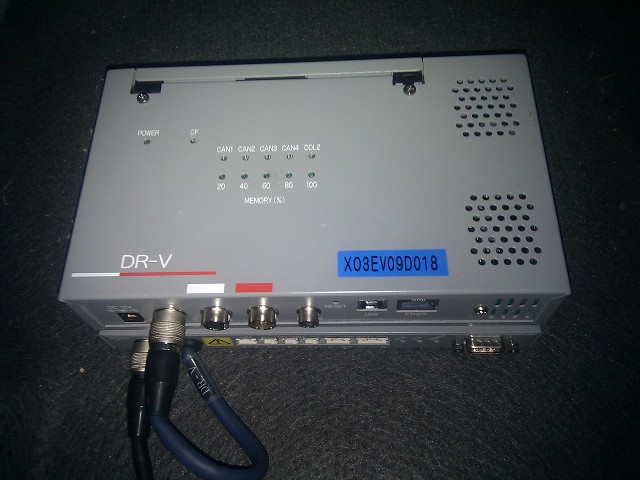surfingslovak said:
pleased to see that they confirmed the 85% charging efficiency figure, which was first established through joint efforts here on the forum.
There were plenty of non-believers !!! (maybe, there still are!).
Not the right thread, but I just put this together to stick in my car window while in sits in Balboa Park, San Diego, tomorrow morning. Compiled and stolen from many thoughts first posted here:
2011 Nissan LEAF
• Not a hybrid; powered 100% by electricity that is mostly made in USA, not in the Middle East. Almost no electricity is produced from oil in the USA
• There is no gasoline motor; no smog checks, no oil changes, no camshaft belts, no tune-ups, no air and oil filters, no oil drips on the driveway/garage. The Chevrolet Volt has and uses a gasoline motor in addition to the electric motor
• Zero tailpipe emissions, and zero emissions from electricity produced by solar, wind, and hydro (dam) power
• 70 to 100 mile range on a full charge
• Lithium Maganese battery has a 8 year/100,000 mile warranty
o No battery acid in battery
o Power does not taper off as battery gets lower in energy
• Charging is normally done overnight, just like plugging in your cell phone
• Highest rated 5 star crash test by US government
• The car’s charger draws about 3.8 kW; a little less than an electric clothes dryer at 4.4 kW
• The car is equipped with a noise maker so that pedestrians can hear it
• COSTS:
o Purchase is $35,000 to $40,000, a lease is about $450 per month
o $2 to $4 to "fill up" the battery with electricity overnight at your house
o 3 cents per mile energy cost (4 miles per kWh @ $0.12 each)
• It costs 20 cents per mile for 20mpg gas car at $4 gallon for gas
• Toyota Prius hybrid car costs 8 cents per mile (about 250% more)
• Made in Japan by Nissan
o To be built in Smyrna, Tennessee, USA in 2013, in America's largest car plant. Capacity of the plant, 550,000 units per year.
o The batteries will be made in a separate factory in Tennessee
• Eligible of California HOV (Car Pool Lane) sticker until January 2015
Fun Gasoline Facts:
• To extract and refine one gallon of gasoline takes about 12 kWh of energy (not all electricity). That can power the Nissan LEAF about 48 miles.
• In 2010, the U.S. imports oil from Mexico (11%) and from Canada (21%). 42% comes from OPEC.
• It takes over 2 gallons of crude oil to produce one gallon of gasoline.
Popular Misconceptions:
1. Electricity is produced from coal: Yes, it is in much of the USA; about 45%, but not in San Diego. Presently SDG&E has only one contract for energy that comes from coal, and it accounts for just 3% overall energy. The contract will sunset in 2013, at which time SDG&E will have no direct coal-sourced supplies. SDG&E is building a 500kV line called the Sunrise Powerlink, a 120-mile line intended to carry renewable energy (solar, wind, etc) from the Imperial Valley to San Diego. The line is expected to be in service by 2012. About one third of San Diego LEAF owners have solar panels (I do, too; 8kW of power).
2) Electric car batteries will fill up landfills with toxic waste: 94% of lead-acid batteries that EVERY gas car has are recycled and there is no reason that Li-ion batteries cannot be recycled as well. Unlike lead-acid batteries, in addition to recycling, a secondary market will be created for used electric vehicle batteries to provide residential and commercial electricity during peak demand periods.
3) Batteries cost too much: Yes, they are very expensive. But, like any emerging technology, the cost comes down quickly with widespread adoption, like televisions, computers, cell phones, etc. The Nissan LEAF has an 8 year/100,000 miles warranty, where you will spend nothing.
4) Hydrogen is today’s answer: Perhaps, in 20 years. Unlike electricity, which is everywhere, there is no efficient way to generate hydrogen, there is no pipeline infrastructure to transport it and there are no refueling stations.
5) Nobody would buy a LEAF without big government handouts: Currently, there is a $7500 tax credit from the US government and a $2500 rebate from the state of California. Both of these will expire eventually, and then we’ll know if this is right or wrong!! Nissan is selling every single one they can produce, and there is a waiting list to get one (I waited 13 months total).




